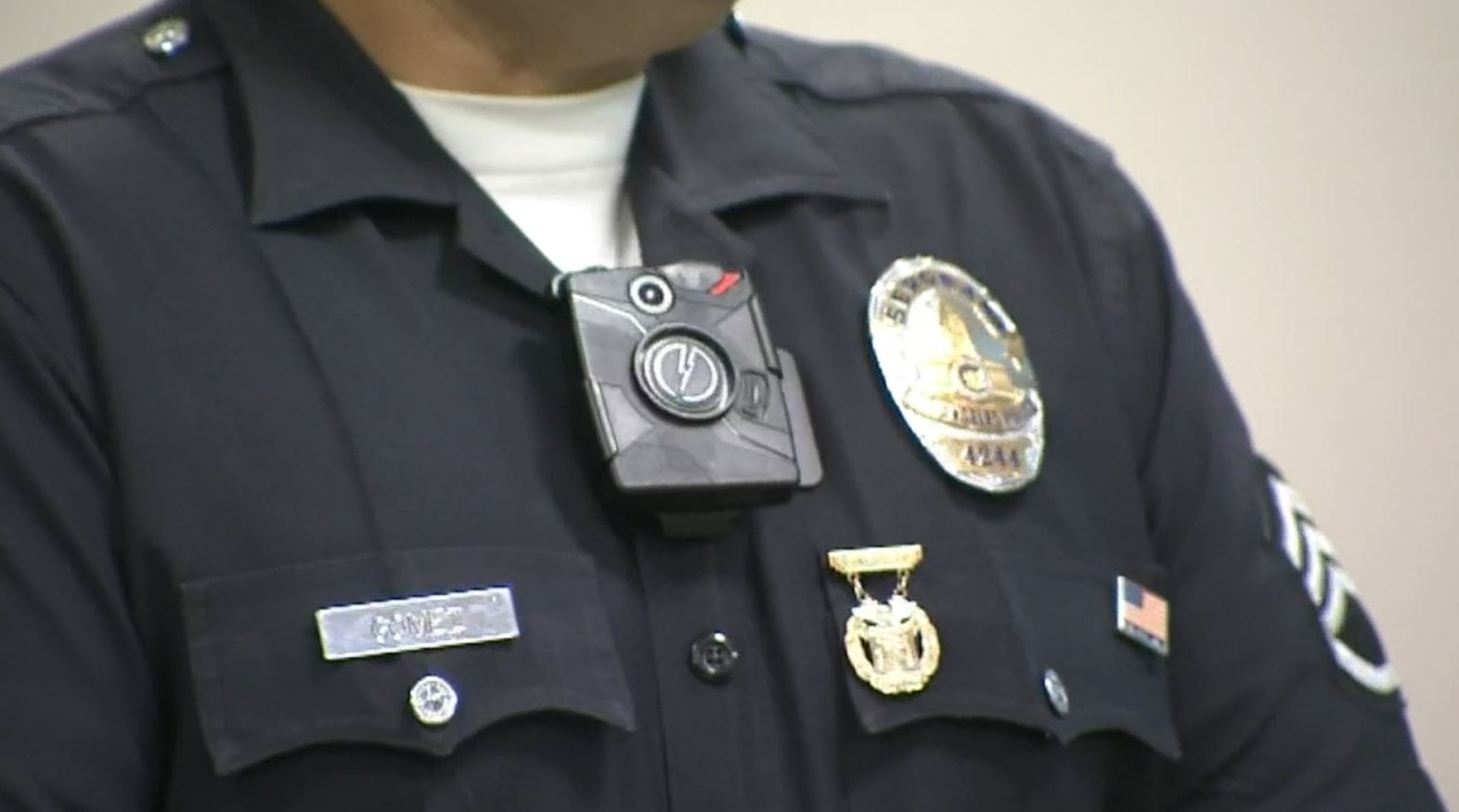What to Know
- One of those 20 officers has been referred by Moore to an internal administrative trial, called a Board of Rights, which could lead to the officer’s termination.
- Multiple law enforcement sources told NBCLA’s I-Team that Metro Division officers had been pressured by their commanders to show that their patrols were productive.
- Chief Moore and other LAPD officials have denied there was pressure to produce any particular type of statistics, and Moore has said the motive behind submitting the alleged false reports wasn’t clear.
LAPD Chief Michel Moore says some officers have already begun to receive new training on when a person’s name can be added to a statewide police database of gang members, following the NBC4 I-Team report that a group of officers is under investigation for allegedly filing false information that labeled innocent citizens as gang members.
Representatives of the California Department of Justice attended one of the first training sessions last week, and Moore said the DOJ officials “complemented” the LAPD on the "quality and timeliness" of the training.
The DOJ announced Monday it would "independently review" LAPD submissions to the database, and California Attorney General Xavier Becerra said LAPD could potentially lose access to the system if there are widespread problems.
"As we learn more, we may need to do more," Becerra said. "We can, and will, take further steps as authorized under AB-90, including suspending or revoking LAPD's access to the Cal-Gangs database."
AB-90 was the bill that gave his office oversight of the system. The state is also in the process of revising and limiting the criteria for when a person’s profile can be added to the database.
Moore told members of the Board of Police Commissioners Tuesday that new layers of review had also been added whenever individuals who said their names had been improperly added to gang files petitioned to have their names reviewed.
Moore said now regional commanders will examine those requests, rather than officers at a neighborhood patrol station, and a detective group will manage all the removal petitions in a single location.
"This is a system that is in the process of adding safeguards and additional controls and oversight to insure that the integrity of the system of the California gang database is protected and maintained," Moore said.
At least 20 officers are under investigation by the LAPD’s Internal Affairs Group detectives, who are checking whether or not handwritten field interview cards submitted after contacts with the public match up with recordings from body worn video cameras, especially in cases where the cards reported an individual was a member of a street gang.
Data from the cards is entered into the Cal-Gangs state database as well as a regional database, and Moore said last month more supervisors are now reviewing each profile and checking body-worn-video before the information is uploaded to the databases.
Moore said while many of those video comparisons validated the officers’ reports, “…we have also found inaccuracies,” that were in conflict with the physical evidence.
One of those 20 officers has been referred by Moore to an internal administrative trial, called a Board of Rights, which could lead to the officer’s termination. Moore said that same officer’s case has been presented to the LA County District Attorney’s Office for consideration of criminal charges.
While the LAPD has not released the names of the officers involved, prosecutors have confirmed the one file under review is for Braxton Shaw, who was previously investigated in 2016 after his testimony in court appeared to conflict with a video recording from a camera mounted in a patrol car. No charges were filed in that case.
Shaw and the other officers under investigation are assigned to the “C-Platoon” of the LAPD’s Metropolitan Division. The unit was rapidly expanded in 2015 and often dispatched to conduct street patrols in areas that had experienced spikes in crime.
Multiple law enforcement sources told NBCLA’s I-Team that Metro Division officers had been pressured by their commanders to show that their patrols were productive.
Officers assembled daily statistics about the number of people they stopped and questioned, the number of contacts with gang members, the number of arrests, and other metrics. Each day's statistics was captured for analysis by LAPD executives, and the sources said officers were told, "the more gang contacts the better."
Chief Moore and other LAPD officials have denied there was pressure to produce any particular type of statistics, and Moore has said the motive behind submitting the alleged false reports wasn’t clear.



